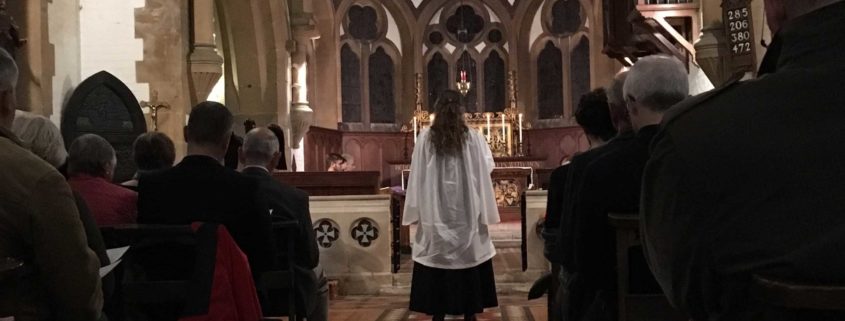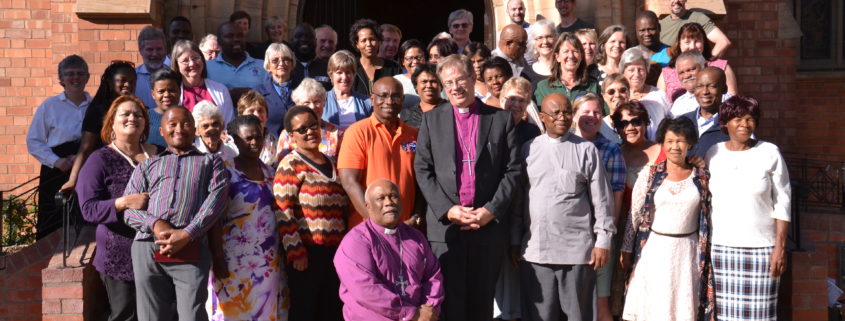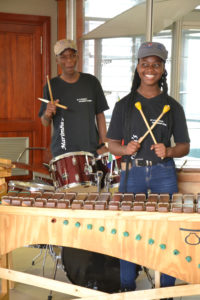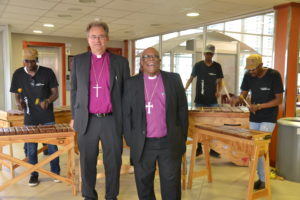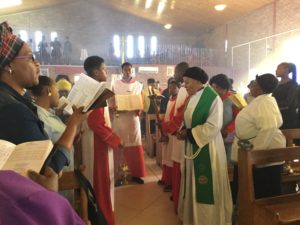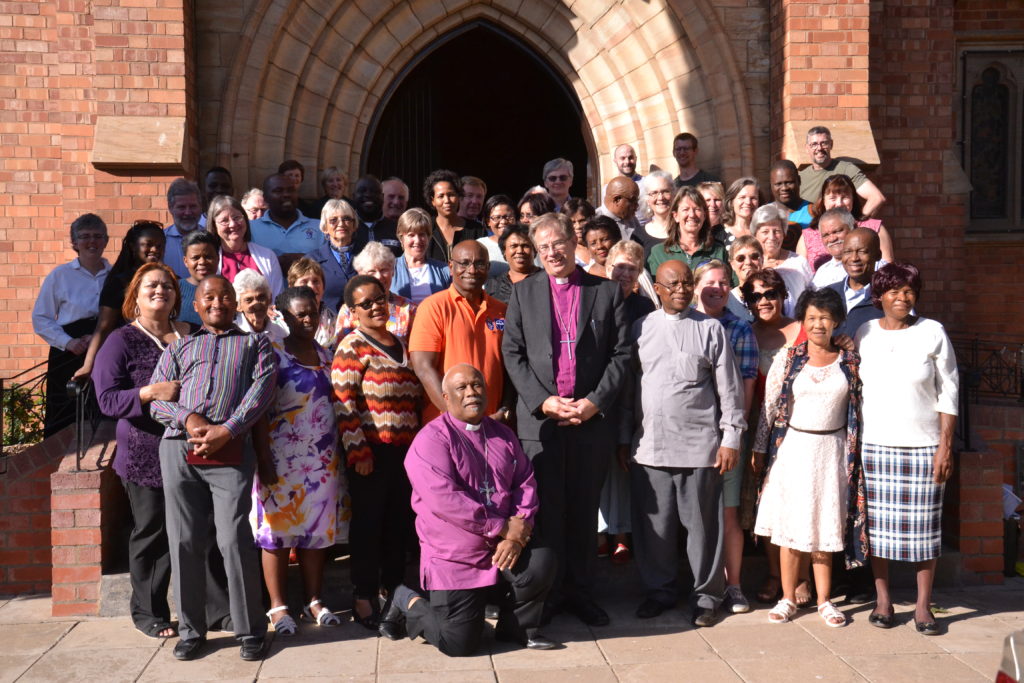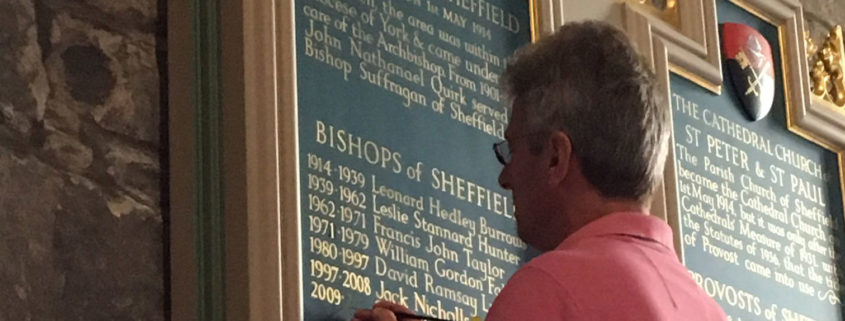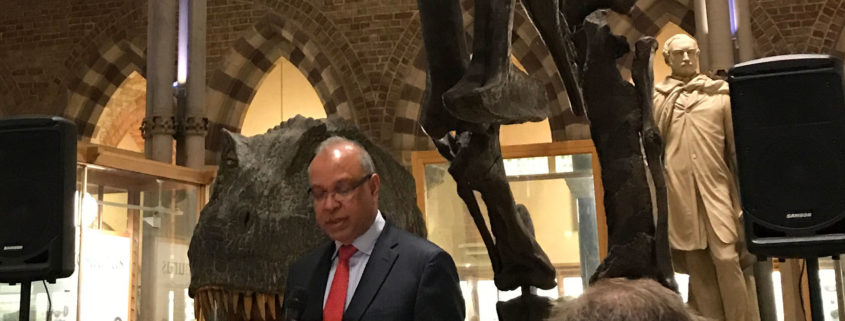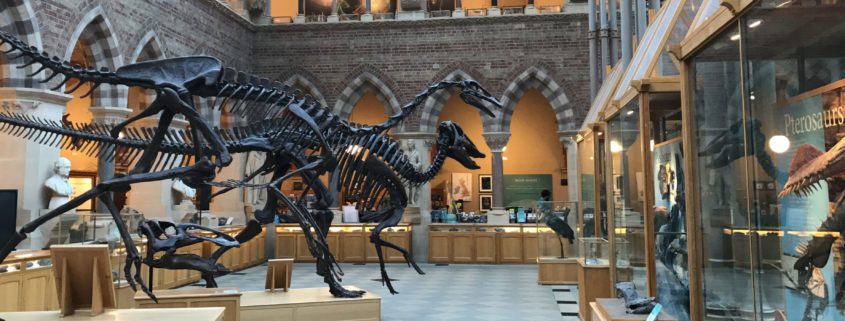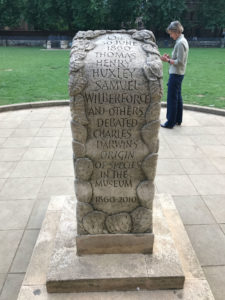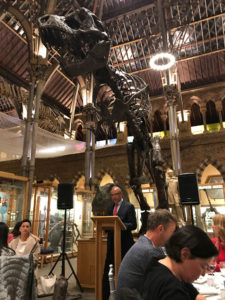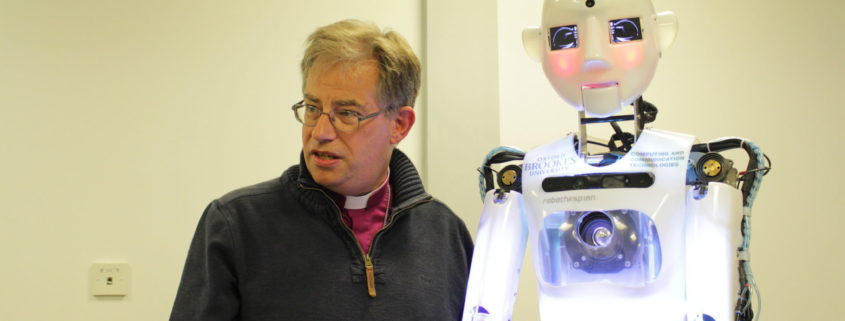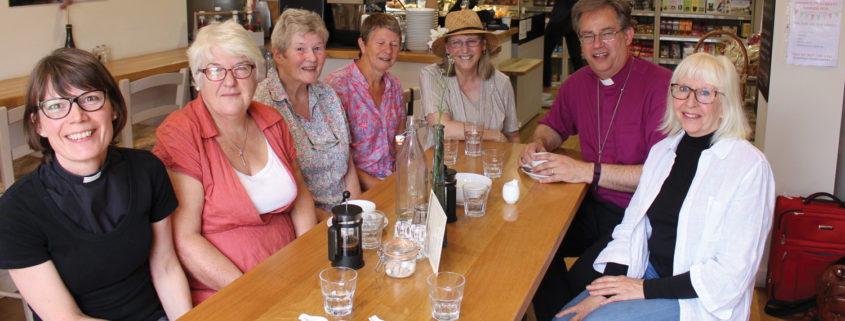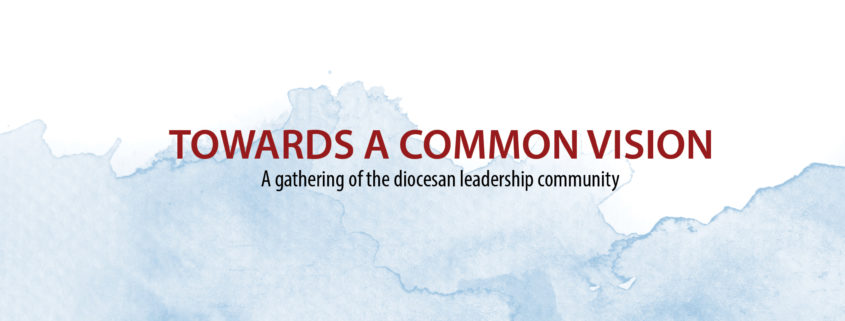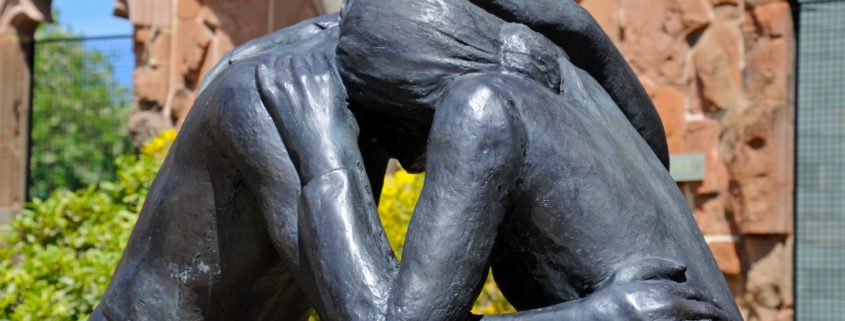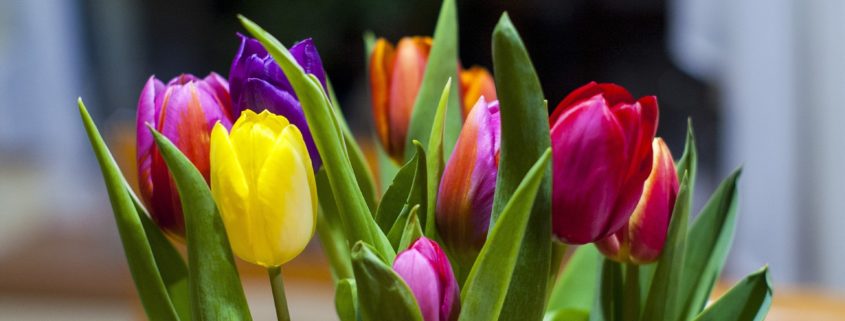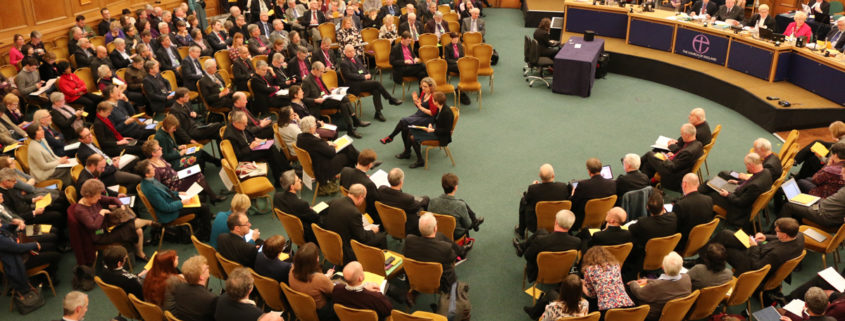On Wednesday of last week, I was able to license the Revd. Kate Seagrave as Mission Priest to St Fridewide’s church and parish in Oxford and to a new community in Oxford, the Mission Community of St Frideswide.
For some years the Osney benefice has been thinking and praying about the future of St. Frideswide’s Church on Osney Island, near to the centre of Oxford. The idea was born of a new centre for prayer and spirituality spanning the traditions. St. Mary Magdalene and St. Aldate’s are both involved in the partnership.
As I thought and prayed last year about the city of Oxford as the incoming bishop, I came with two initiatives in mind specifically for the city. The first was to establish a new monastic community which would draw some of the young adults in the city together in prayer and community life and service of the poor. The second was around teaching the faith and more on that story later.
As I talked with those who had been praying about St. Frideswide’s Church, we found that there was real overlap and synergy between our different visions.
There are several traditional religious communities in the Diocese of Oxford. All of them have been praying for some years for the renewal and rebirth of the call to religious life and community.
We found in the Community of St. Mary the Virgin a religious community which is willing to be a partner in this new venture: to pray for the fledgling new monastic community; to share its own wisdom about life in community and to offer financial support through its trustees. We hope to be in conversation in the coming months with the other religious communities in the diocese seeking their support.
Thousands of young Christians come to the city of Oxford each year. Many are preparing for a lifetime of service in a whole range of different professions in the United Kingdom and across the world. Many would value time in the period between their studies and the beginning of their working lives to offer to God and to learn the deeper skills of community, prayer, and mission.
Planning for the new mission community is at an early stage. We hope that by this time next year we will have two or three small households of young people who agree to live together for a year at a time, keeping a common rule of life, engaging in mission of various kinds, preparing for all kinds of service in the future. We hope that we will also find a way to unite people across the city in a common rule of life to form a broader community of prayer and in mission.
As we plan we are trying to be sensitive to the Spirit and open to the wisdom of a great many people. Kate’s task in this first few months will be to be to have open ears and lead that process of discernment and planning.
There has been a sense through the project so far of God’s call, of many different strands coming together and of a sense of God’s life and blessing.
St. Frideswide is the patron saint of Oxford. We mark her festival this week. As a young woman, Frideswide dedicated her life to God and to others. She founded a religious community for men and women in which they could dedicate their lives to prayer, to a common life and to service of the poor. She was a leader in mission across the city and the surrounding area.
The city and university and diocese grew up around a community of welcome and gentleness and kindness and hospitality.
As a Diocese, we are taking a year to return to the source of our vision and life: to Jesus Christ. We are exploring what it means to be a Christ-like Church.
We are taking as our text the Beatitudes from Matthew 5. That text will also be the centre of the life of our new monastic community.
The community will seek to live out what it means to be a Christ-like Church. First in contemplation: rooted in prayer and seeking to dwell in the presence of the Lord and encouraging the wider Church to explore and enrich our life of prayer.
Second in compassion: ministering to those most in need in our city, not out of our own capacity but in the power of the Spirit; serving in partnership; seeking to serve those who are at the margins and most vulnerable.
And third in courage: this will be a community that seeks to be courageous in all they are and do: courageous in discipleship and listening; in confession; in repentance; in forgiveness and in welcome; courageous in proclaiming the Gospel through the life of the community.
Please pray for this new venture in both this parish and in the new community. Share your wisdom and encouragement with us as we move forward. Pray for Kate Seagrave as she leads us, especially in these early months. If God calls you, become involved.
Let us see together what God will do as we seek to become a more Christ-like Church

